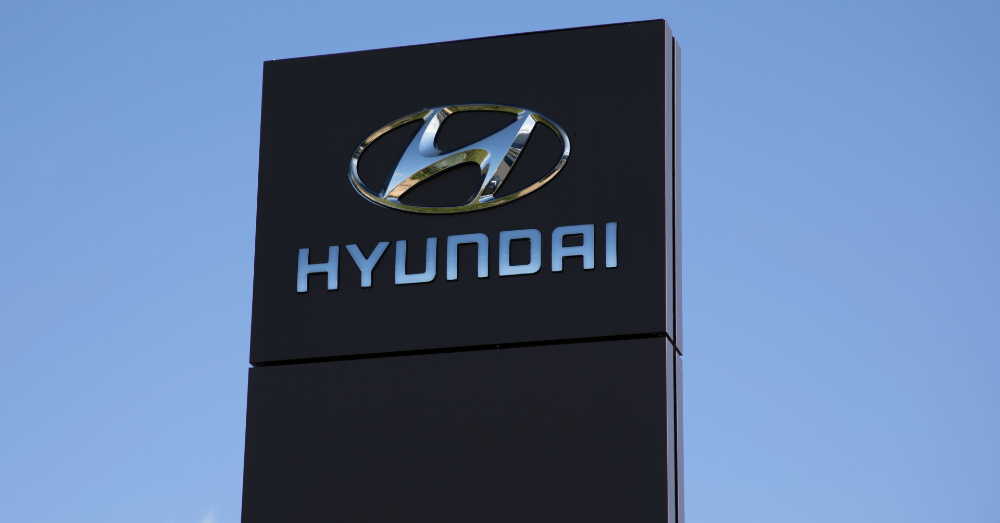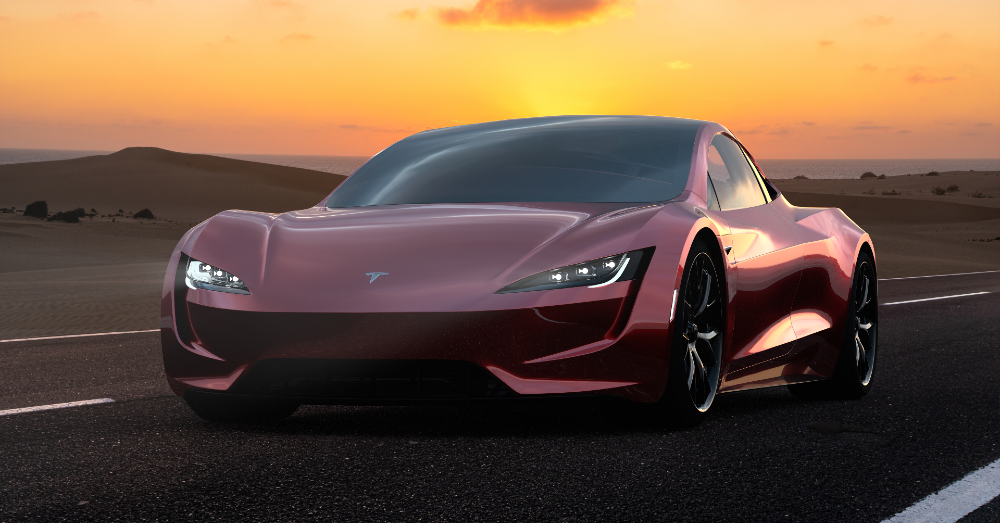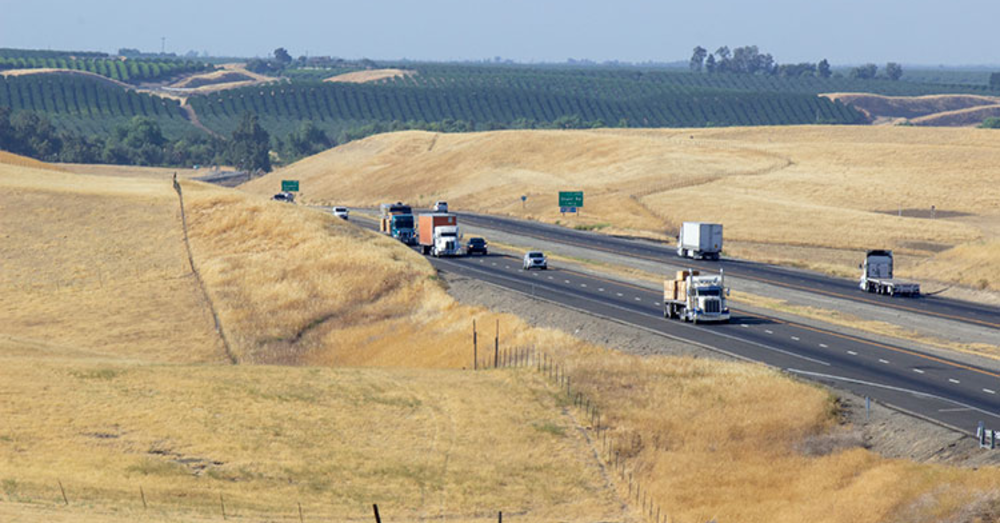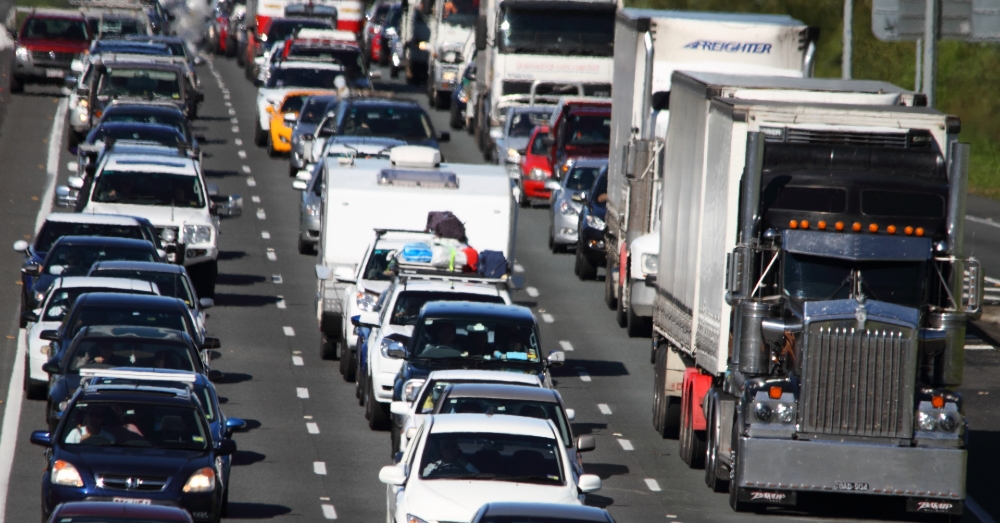
Hyundai Joins Onshoring Wave with $20 Billion U.S. Investment Announcement
Hyundai is one of many companies investing in the United States in an effort to boost American manufacturing. This includes a strong commitment to steel.
Hyundai is set to announce a massive $20 billion investment in the United States, with $5 billion earmarked for a new steel plant in Louisiana. The move, to be unveiled at the White House, underscores growing efforts to boost American manufacturing. The announcement comes amid tariff threats and a push to onshore production, with Hyundai joining other global companies like Apple, SoftBank, and TSMC in expanding U.S. operations.
Hyundai gets into the US steel industry
The new steel facility in Louisiana will be the first such facility in the United States in which Hyundai has invested. The facility will produce more than 2.7 million metric tons of steel per year and will increase the number of jobs in the area by more than 1,400. This new steel facility will supply Hyundai plants in Alabama and Georgia with steel and will also serve the steel needs of Kia factories as well.
Hyundai Chairman Euisun Chung visited the White House to make this announcement, stating it was the largest US investment ever by the company. Reports show that Hyundai had already considered a steel plant in the United States, but the threats of massive tariffs on steel and aluminum imports pushed the company to make this investment sooner than they might have otherwise expected. This is an example of an automaker finding ways to get around the tariffs, which means increasing jobs in some areas of the United States.
Will tariffs help the auto industry in the US?
This new investment from Hyundai is impressive and certainly will increase the number of jobs in the area where the new steel plant is located, but does this mean the car brand won’t face tariffs while building cars in the United States? This might be the first of many steps for automakers to bring more manufacturing into the country to avoid the cost associated with import taxes being imposed by the current presidential administration, but that’s not all there is to this story.
Despite the focus on tariffs used to “save” the US auto industry, most vehicles sold in the United States are already produced in the country. Nearly all automakers have multiple facilities throughout the country that are capable of building vehicles here. This movement to localize production began decades ago, showing that it’s much more affordable to build vehicles close to where they are sold rather than shipping them across oceans.
What does this mean for the tariffs?
This new Hyundai investment will certainly allow the automaker to avoid paying the 25% tariffs imposed on imported steel being brought into the United States, but that’s only one part of the vehicles built in the country. Nearly all automakers, including domestic brands, use parts, components, and systems that are produced abroad. These items are subject to tariffs and will cause vehicle prices to increase.
The good and the bad
The good part of tariffs is that they provide enticement for companies to produce products in the United States rather than abroad. If a company has the choice between onshore or offshore manufacturing, the tariffs should tip the scales toward onshore production. That is a good thing and will help companies focus on producing more products domestically, which should also increase jobs in some areas.
Unfortunately, not everything necessary for automotive manufacturing is made in the United States. This means some percentage of every vehicle must be made in a foreign country and shipped to the United States.
Because the current administration seems enamored with using tariffs as its only method of forcing production in the country, vehicle components and systems that aren’t produced in the United States are subject to massive tariffs, which don’t seem to have a hard cap that the current administration will respect. This means items could see increased costs that had nothing to do with actually producing the goods at the whim of the administration.
Hopefully, this is just the first step
The new Hyundai investment in American steel shows confidence in the future of domestically manufacturing vehicles. Hyundai builds a full lineup of electric vehicles, which will be more likely to qualify for the Federal EV Tax Credit when built in the United States. That credit would be offset by foreign steel costs due to tariffs. Now that Hyundai has invested in a steel plant in Louisiana, it will avoid the added cost of imported steel.
This post may contain affiliate links. Meaning a commission is given should you decide to make a purchase through these links, at no cost to you. All products shown are researched and tested to give an accurate review for you.



